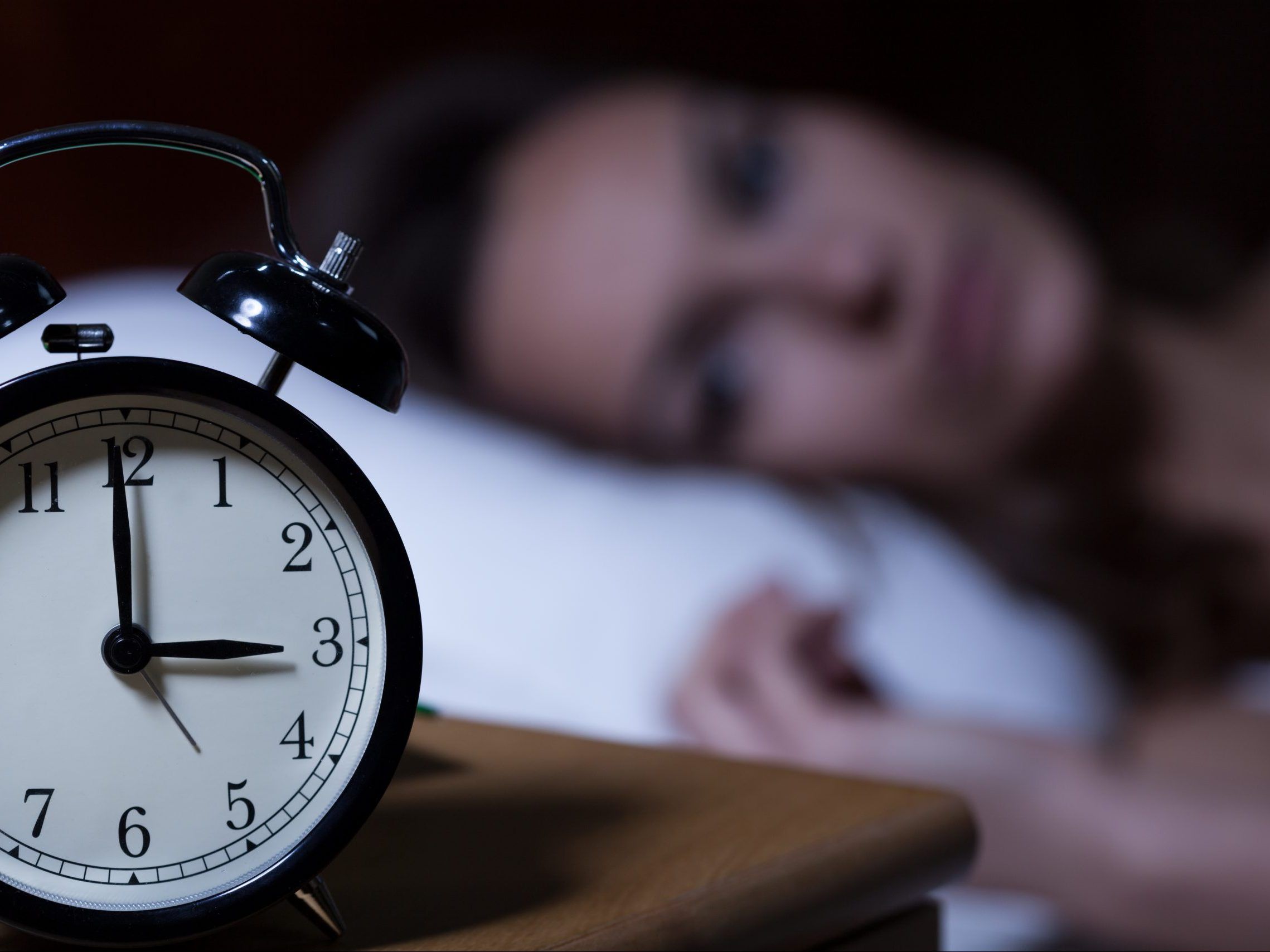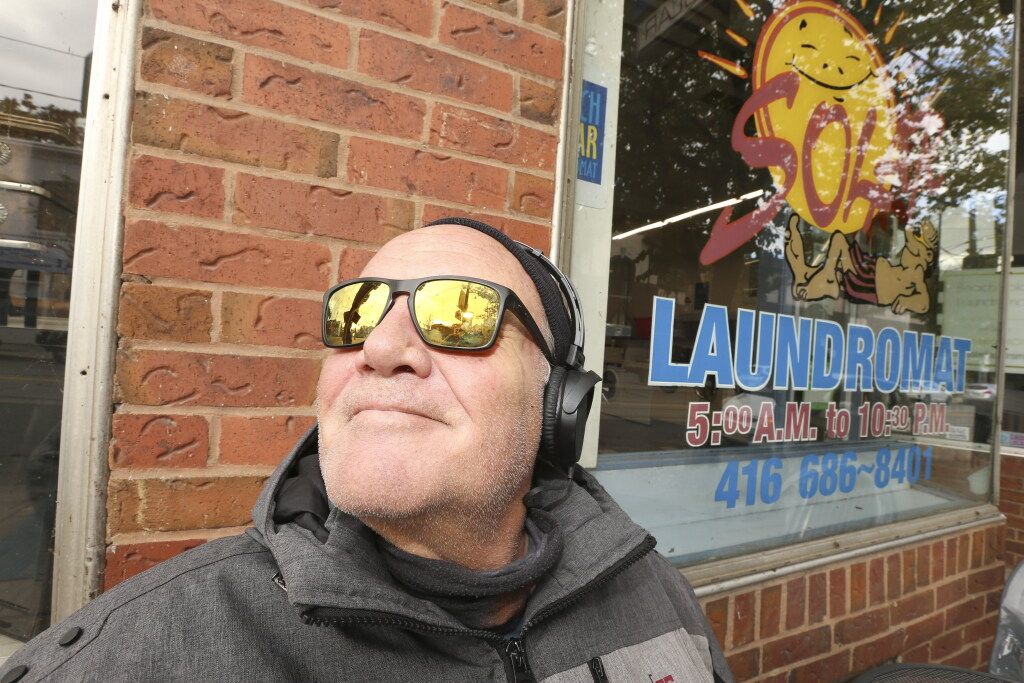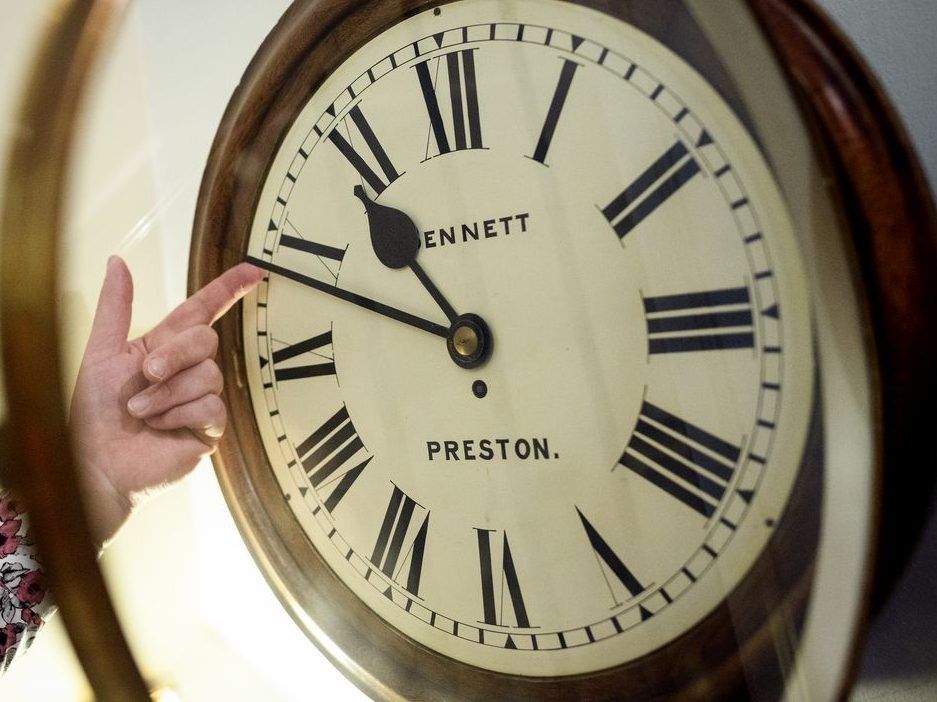A hitch in time plan — Daylight Savings Time sticking around
Author of the article:Antonella Artuso
Publishing date:Oct 23, 2021 • 8 hours ago • 3 minute read • Join the conversation
Ontarians will wind back the clock an hour to standard time on Nov. 7 and then turn it forward again on March 13.
Ontarians will wind back the clock an hour to standard time on Nov. 7 and then turn it forward again on March 13. PHOTO BY FILE PHOTO /Getty Images
Article content
Maybe next year.
Advertisement
STORY CONTINUES BELOW
Article content
A move to make Daylight Savings Time (DST) permanent was approved by the Ontario Legislature almost a year ago but the province doesn’t want to go it alone.
Bill 214, the Time Amendment Act, introduced by Progressive Conservative MPP Jeremy Roberts, received all-party support and then Royal Assent on Nov. 30 but it’s predicated on Quebec and New York State also adopting year-round DST.
Similar legislation before New York State would also require partners in time.
The idea has been put to the Quebec government but has gone no farther.
So that means Ontarians will wind back the clock an hour to standard time on Nov. 7 and then turn it forward again on March 13.
Roberts said he has been working for the past year on building support in Quebec and New York State for permanent DST.
Advertisement
STORY CONTINUES BELOW
Article content
“We’ve seen a couple of positive signs,” Roberts said. “We took an additional step this fall — we’ve actually now sent a letter to every single elected official in both Quebec and New York State explaining what’s happened here and explaining some of the merits of this type of move to see if we can get any of them to bite and to join us.”
A bill currently before the New York State Assembly would move the state to permanent DST, but would only become effective if the neighbouring states of Connecticut, Massachusetts, New Jersey, Pennsylvania and Vermont followed suit.
“Currently, states are only permitted to exempt themselves from observing Daylight Saving Time, not establish its permanence. This bill, should it become law, would allow the state to establish Daylight Saving Time as the permanent year-round time, contingent upon the repeal of the federal law establishing Daylight Saving Time,” the bill says.
Advertisement
STORY CONTINUES BELOW
Article content
The Sunshine Protection Act, introduced in the U.S. Senate earlier this year by Senator Marco Rubio and seven other senators, would repeal 1966 federal legislation that only allowed states to adopt DST between the second Sunday in March and the first Sunday in November.
Rubio has said his bill, if enacted, would mean states wouldn’t be forced to “fall” back in November.
Permanent DST would help address a number of concerns related to that clock change, including heightened risks of cardiac issues, stroke and seasonal depression; a 2.2% drop in economic activity; a reduction in vehicle accidents including hitting wildlife, and an estimated 0.5% decline in daily electricity use, Rubio says in a statement.
In the United States, one study also found a 27% reduction in robberies with added daylight evening hours.
Advertisement
STORY CONTINUES BELOW
Article content
Ontario has observed negative experiences when the clock turns back, Roberts said.
“There’s about a 10% increase in fatal car crashes after the time change,” he said.
The OPP routinely warns motorists about the need for added vigilance when the clock turns back in the fall.
More daylight hours in the evening could help small businesses, as some studies suggest people are more likely to go out to restaurants or shops if it’s light out in the evening and afternoon, Roberts said.
However, safety issues have been raised regarding children walking to school in the dark.
“We obviously want to make sure our kids are safe but there’s about 79% of the world’s population that doesn’t actually do the time change, including a number of jurisdictions that have permanent Daylight Savings Time, and we don’t see a high percentage of accidents like that happening there,” Roberts said, adding extra daylight hours in the evening offers more outdoor family time.
aartuso@postmedia.com

 torontosun.com
torontosun.com
Author of the article:Antonella Artuso
Publishing date:Oct 23, 2021 • 8 hours ago • 3 minute read • Join the conversation
Ontarians will wind back the clock an hour to standard time on Nov. 7 and then turn it forward again on March 13.
Ontarians will wind back the clock an hour to standard time on Nov. 7 and then turn it forward again on March 13. PHOTO BY FILE PHOTO /Getty Images
Article content
Maybe next year.
Advertisement
STORY CONTINUES BELOW
Article content
A move to make Daylight Savings Time (DST) permanent was approved by the Ontario Legislature almost a year ago but the province doesn’t want to go it alone.
Bill 214, the Time Amendment Act, introduced by Progressive Conservative MPP Jeremy Roberts, received all-party support and then Royal Assent on Nov. 30 but it’s predicated on Quebec and New York State also adopting year-round DST.
Similar legislation before New York State would also require partners in time.
The idea has been put to the Quebec government but has gone no farther.
So that means Ontarians will wind back the clock an hour to standard time on Nov. 7 and then turn it forward again on March 13.
Roberts said he has been working for the past year on building support in Quebec and New York State for permanent DST.
Advertisement
STORY CONTINUES BELOW
Article content
“We’ve seen a couple of positive signs,” Roberts said. “We took an additional step this fall — we’ve actually now sent a letter to every single elected official in both Quebec and New York State explaining what’s happened here and explaining some of the merits of this type of move to see if we can get any of them to bite and to join us.”
A bill currently before the New York State Assembly would move the state to permanent DST, but would only become effective if the neighbouring states of Connecticut, Massachusetts, New Jersey, Pennsylvania and Vermont followed suit.
“Currently, states are only permitted to exempt themselves from observing Daylight Saving Time, not establish its permanence. This bill, should it become law, would allow the state to establish Daylight Saving Time as the permanent year-round time, contingent upon the repeal of the federal law establishing Daylight Saving Time,” the bill says.
Advertisement
STORY CONTINUES BELOW
Article content
The Sunshine Protection Act, introduced in the U.S. Senate earlier this year by Senator Marco Rubio and seven other senators, would repeal 1966 federal legislation that only allowed states to adopt DST between the second Sunday in March and the first Sunday in November.
Rubio has said his bill, if enacted, would mean states wouldn’t be forced to “fall” back in November.
Permanent DST would help address a number of concerns related to that clock change, including heightened risks of cardiac issues, stroke and seasonal depression; a 2.2% drop in economic activity; a reduction in vehicle accidents including hitting wildlife, and an estimated 0.5% decline in daily electricity use, Rubio says in a statement.
In the United States, one study also found a 27% reduction in robberies with added daylight evening hours.
Advertisement
STORY CONTINUES BELOW
Article content
Ontario has observed negative experiences when the clock turns back, Roberts said.
“There’s about a 10% increase in fatal car crashes after the time change,” he said.
The OPP routinely warns motorists about the need for added vigilance when the clock turns back in the fall.
More daylight hours in the evening could help small businesses, as some studies suggest people are more likely to go out to restaurants or shops if it’s light out in the evening and afternoon, Roberts said.
However, safety issues have been raised regarding children walking to school in the dark.
“We obviously want to make sure our kids are safe but there’s about 79% of the world’s population that doesn’t actually do the time change, including a number of jurisdictions that have permanent Daylight Savings Time, and we don’t see a high percentage of accidents like that happening there,” Roberts said, adding extra daylight hours in the evening offers more outdoor family time.
aartuso@postmedia.com

A hitch in time plan — Daylight Savings Time sticking around
A hitch in time plan — Daylight Savings Time sticking around


